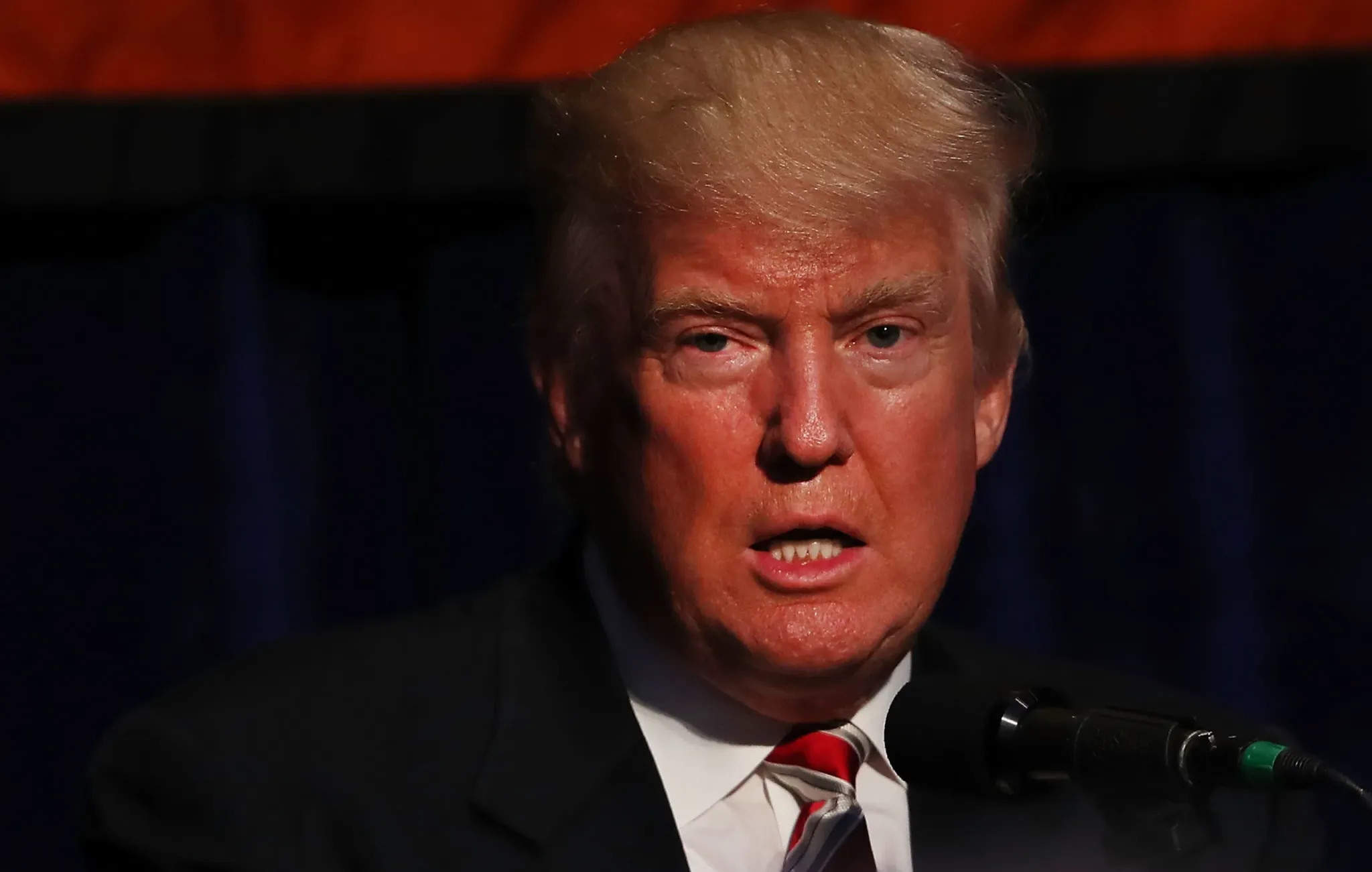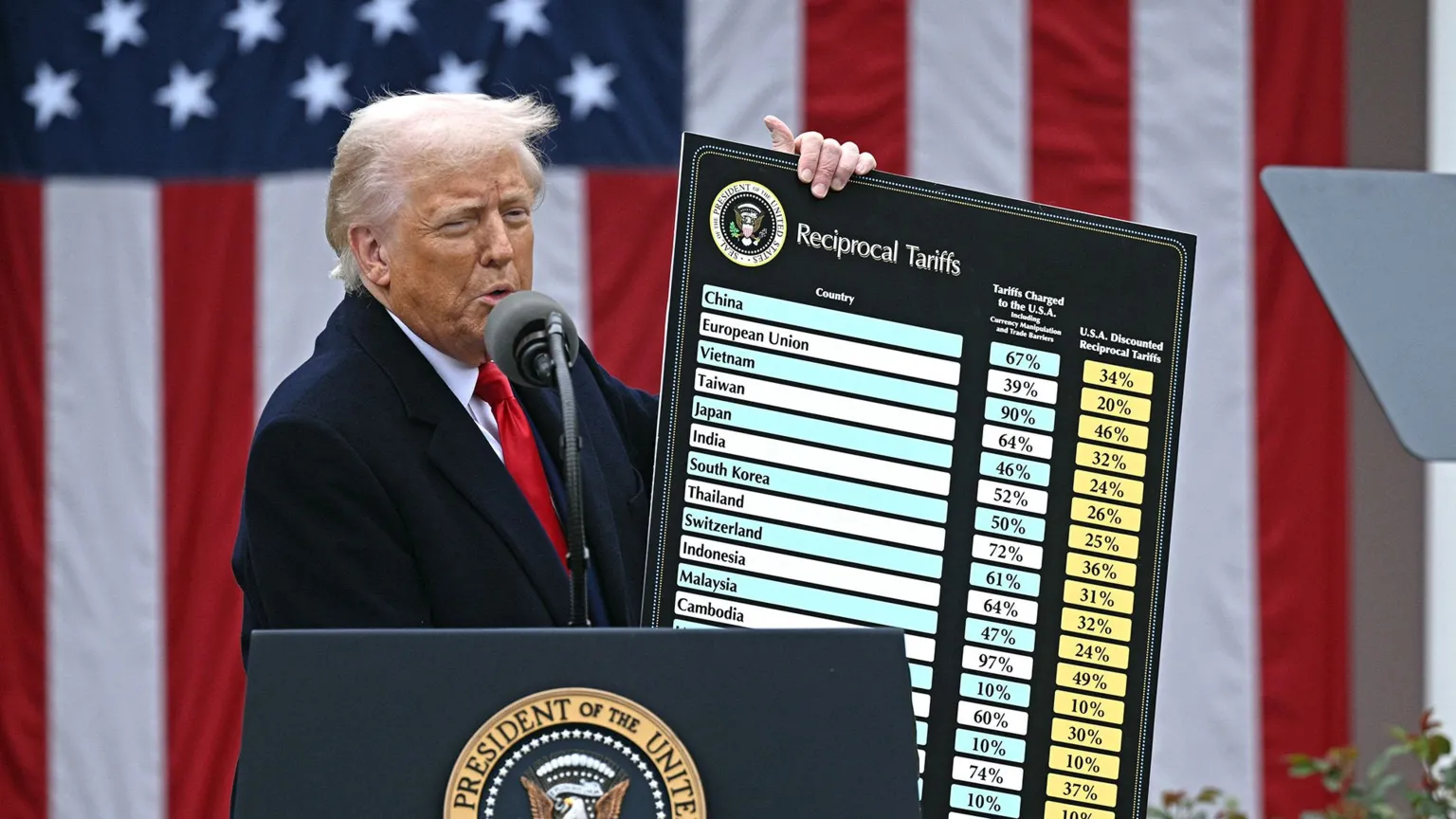China’s Bold Move: 84% Tariff on U.S. Imports
Tensions between the U.S. and China have escalated dramatically as China announces an 84% tariff on American imports, effective April 10. This retaliatory measure comes after President Trump’s 104% tariff increase on Chinese goods. The escalating trade war is shaking global markets and could significantly impact international business.
Trade War Impact on Global Markets
The U.S. and China are major trading partners, with the U.S. exporting $143.5 billion worth of goods to China and importing $439 billion in 2024. With tariffs rising sharply, the flow of goods is expected to slow down, causing disruptions in both economies.
Uncertainty and Economic Consequences
Originally aimed at addressing trade imbalances and limiting illicit imports like fentanyl, the trade war has morphed into an economic standoff. Following Trump’s latest tariff package, the S&P 500 has plunged nearly 20%, entering bear market territory. Asian markets, particularly South Korea, Shanghai, and Hong Kong, have also experienced sharp declines.
The Future of the Trade War
China’s firm stance signals no immediate resolution, and the Trump administration remains committed to its trade policies. As tensions rise, investors face an uncertain future, with markets continuing to react to the volatility.
For more on how the tariff hike is affecting global trade, read the full article here: China Fires Back: U.S. Imports Hit with 84% Tariffs.






